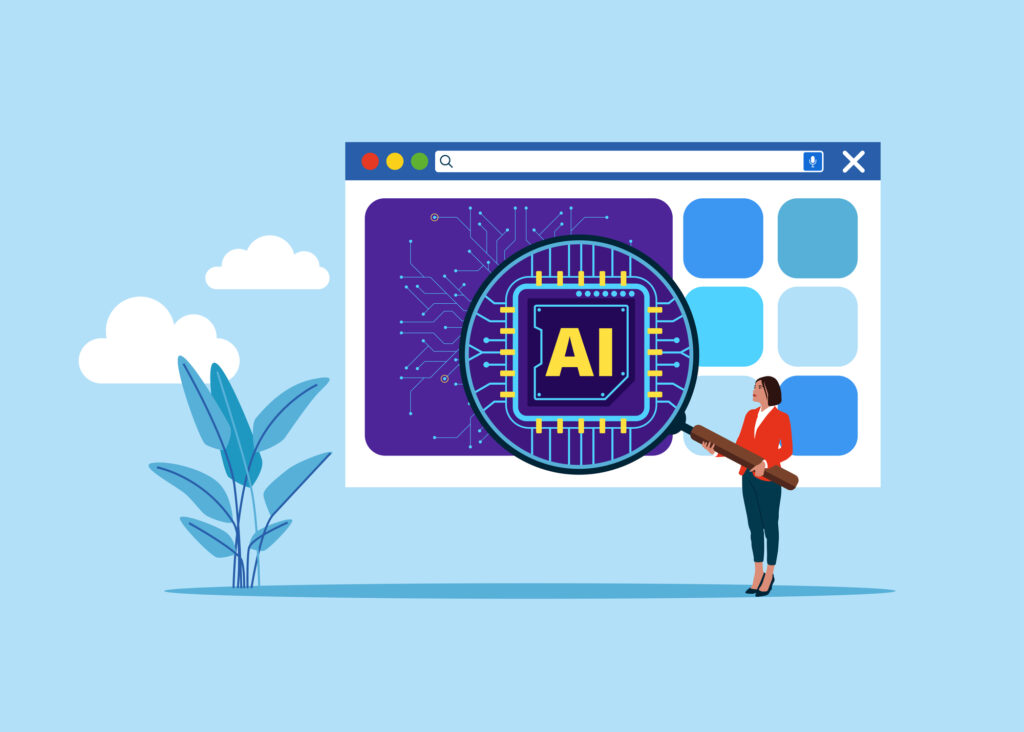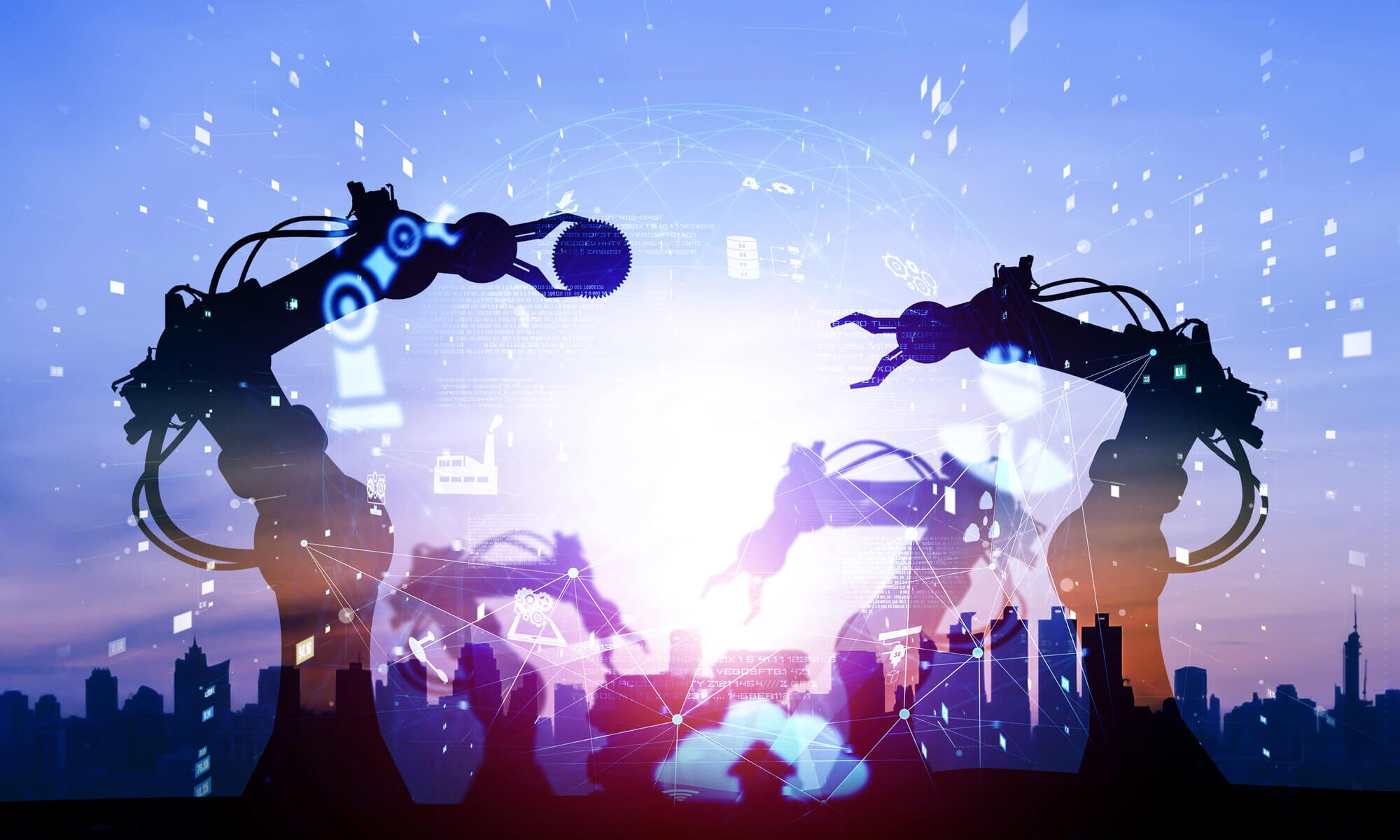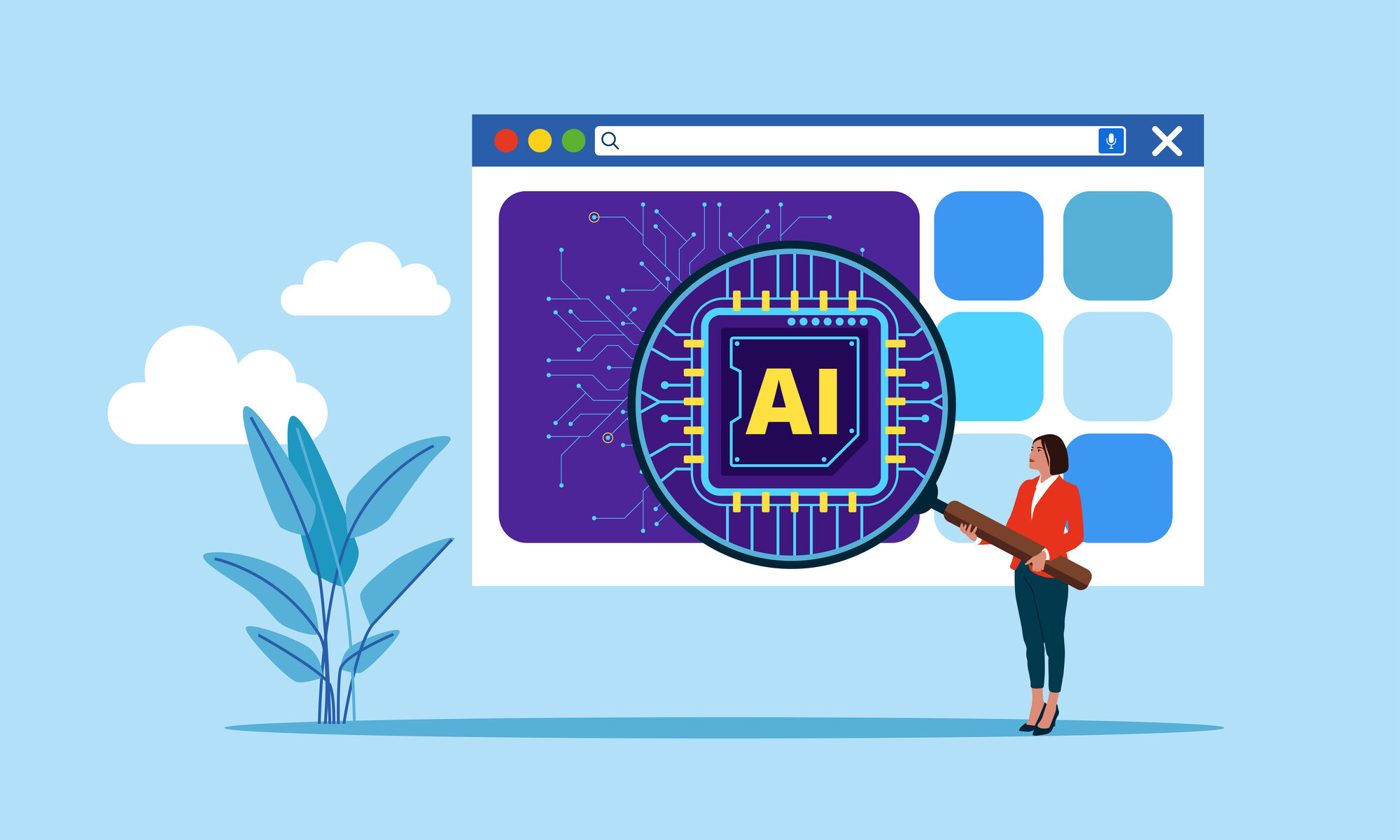In manufacturing, efficiency and precision are paramount. As industries face labor shortages, rising costs, and increasing demand for quality, Artificial Intelligence (AI) has emerged as a transformative solution. By integrating AI into industrial automation, manufacturers are not only improving productivity but also gaining a competitive edge.
1. Predictive Maintenance
Equipment downtime is one of the most expensive challenges in manufacturing. AI-driven predictive maintenance uses real-time data from sensors to identify potential issues before they lead to equipment failure. According to Deloitte, this approach can reduce maintenance costs by up to 25% and downtime by nearly 50%.
2. Quality Control
AI-powered vision systems are revolutionizing quality control. These systems can detect defects at a microscopic level, far surpassing human capabilities. By ensuring consistent quality, manufacturers can reduce waste and enhance customer satisfaction.
3. Supply Chain Optimization
AI algorithms analyze vast amounts of data to predict demand, optimize inventory, and streamline logistics. This level of precision ensures manufacturers can meet market demands without overproducing or understocking, which reduces costs and increases efficiency.
4. Autonomous Robotics
Incorporating robotics powered by AI into production lines improves speed and precision. Robots can handle repetitive tasks, adapt to changes in the production process, and work alongside human operators to enhance productivity.
Why AI Matters in Industrial Automation
From my perspective as an engineer and business strategist, the combination of AI and automation in manufacturing isn’t just a trend—it’s a necessity. Companies that adopt these technologies early will gain the ability to scale operations, maintain quality, and reduce costs, giving them a significant advantage in the market.
Is Your Manufacturing Process Ready for AI?
Implementing AI is an investment that pays off quickly for mid-sized to large manufacturers with a strong foundation in industrial operations. The potential benefits are immense, whether it’s streamlining your supply chain or enhancing production efficiency.
Sources:
- Deloitte: Predictive Maintenance and Smart Manufacturing
- PwC: The Fourth Industrial Revolution and Its Impact on Manufacturing




